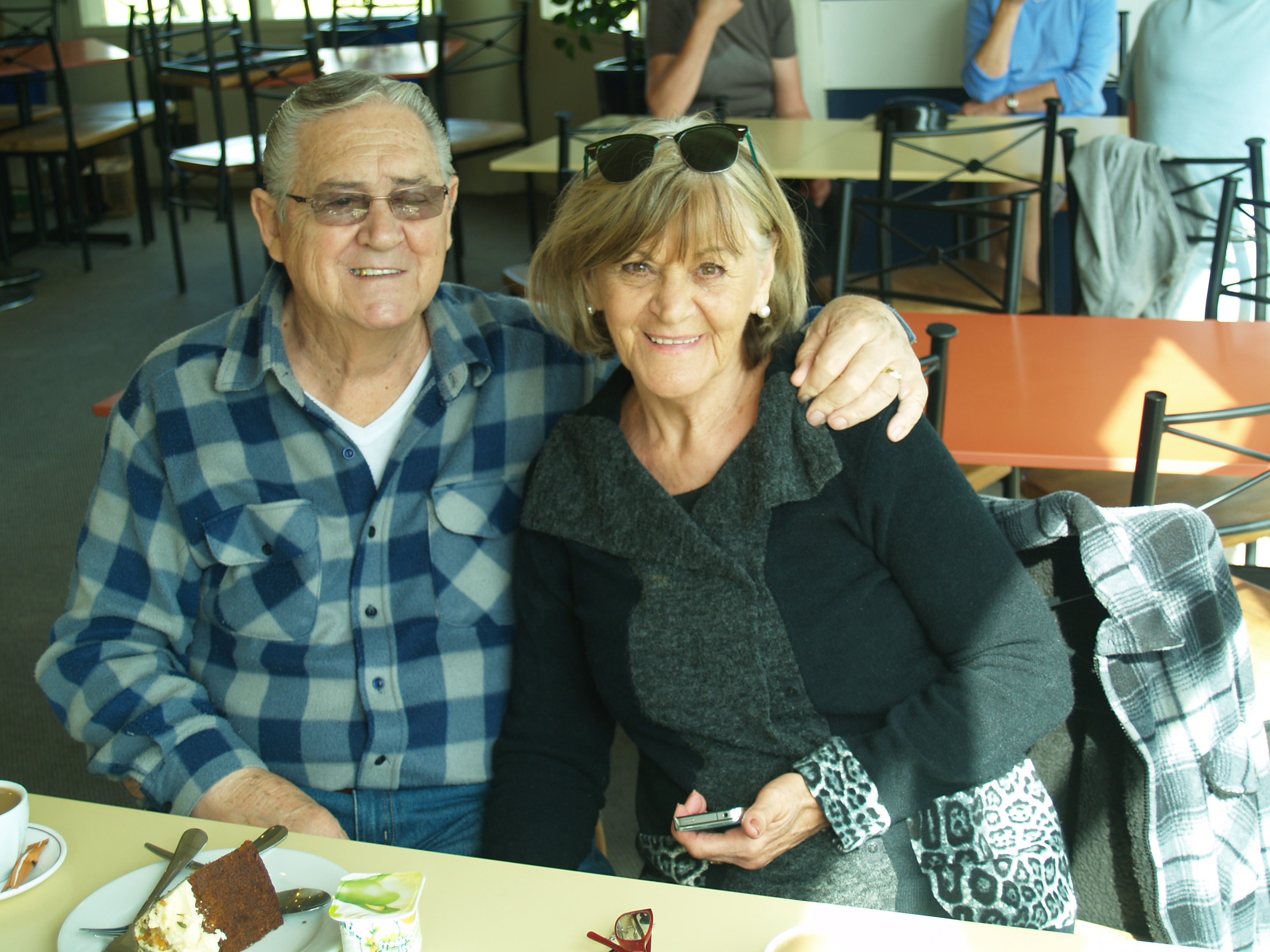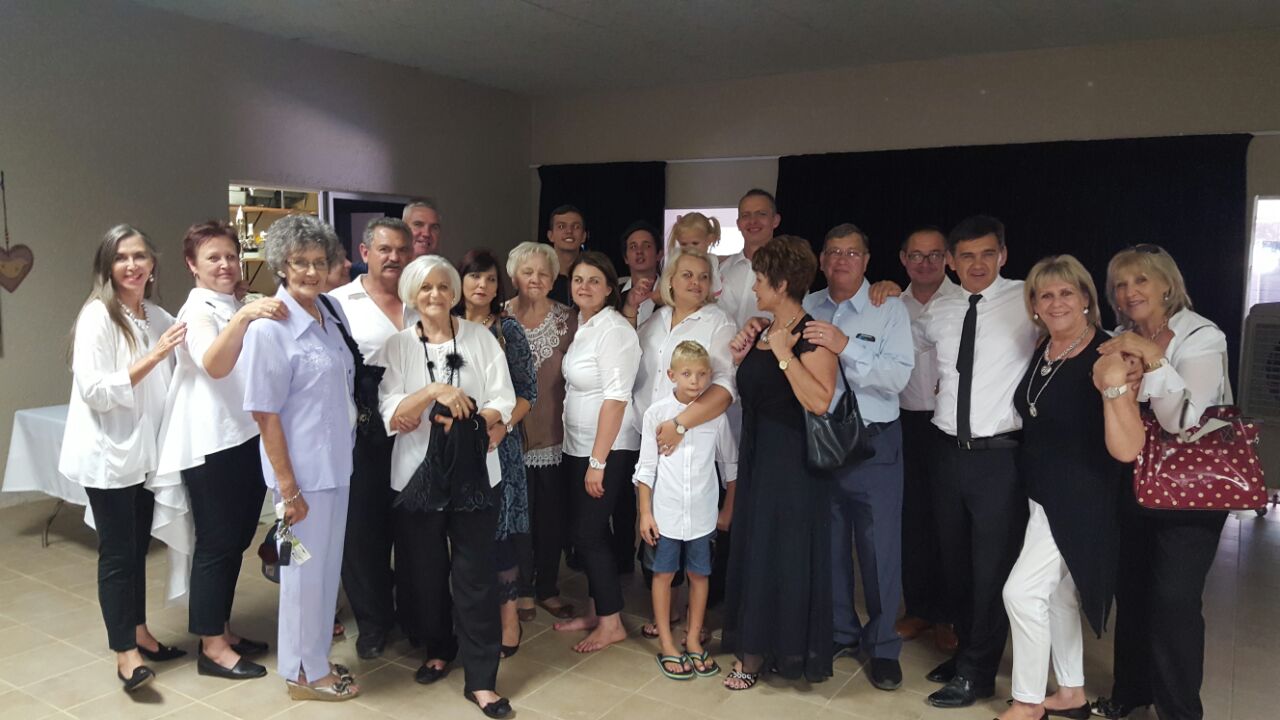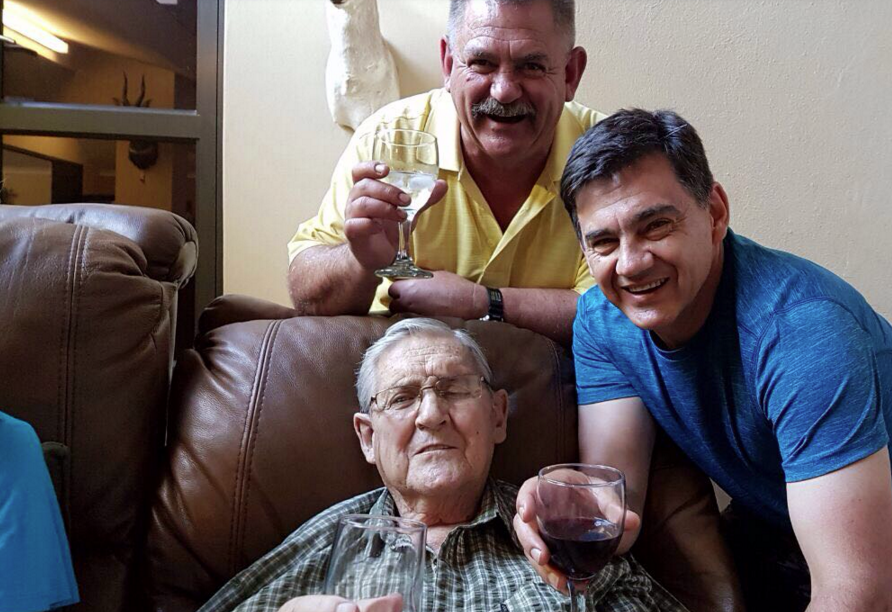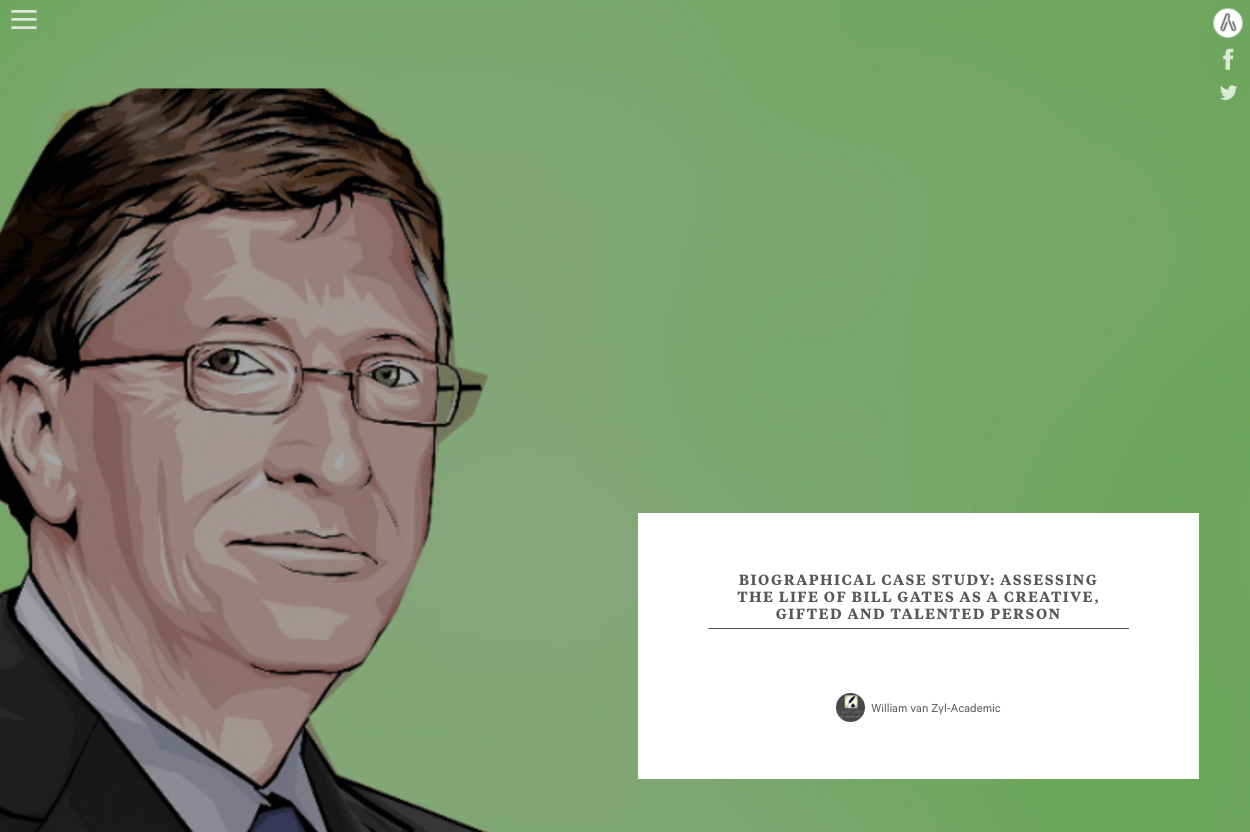
Table of Contents
About this article on family culture:
What are some of the elements and the relational dynamics that constitute a great loving and caring extended family? I will endeavour in this article – with references to unique events and highlights of our extended family – to identify possible factors and influences that may have impacted our larger extended family. I will limit this overview to the lives of Charlie and Nena Van Zyl (parents) and those directly related to them.

Introduction
Exploring the intriguing question “What makes a great extended family?” the passing of dad Charlie van Zyl (March 2017) has elicited this investigation. This article focuses on the possibilities of creating a great Christian nuclear and extended family. By no means do we claim that the Van Zyl, Windell, Herholdt, Bekker, Van Niekerk, and Da Silva clans are an excellent example of an outstanding extended family. However, we are humbled by the simple, loving and caring social environment established by all of its members over the years. It is the adventurous living, humble, caring, loving, and loyal affection amongst its members that have prompted this question – “What makes a great family culture?” The intention is to identify some factors and influences that have shaped this extended family.
KEYWORDS:
Family Culture
Predictability
Stability
Security
Higher Purpose

The impact of modern technology on creating family culture
The development of social media and other apps (e.g. Facebook, WhatsApp, Messenger, video calling and photo sharing) have contributed to a more intensified shared social and family experience. The communication possibilities created by these platforms have highlighted a more transparent and more comprehensive insight into the relationships and experiences, hence the attempt to identify trends and processes that contribute to a deeper understanding of great family life experiences. The private communication and sharing of limited members of a family establish a platform where family members can communicate freely and express their feelings confidentially in a safe and secure environment (encrypted). It is this opportunity – if managed well – that creates a beneficial encouraging family culture online. Family stories are shared and act as members ‘leading culture’. The protocols established by the members could have a positive impact on all its members. It is a place for a shared family identity. The pictures, words, and videos all work together to outline the culture of that particular family. Acknowledgement, respect, and honour amongst its members weave a shared cloak of honour and purpose for the clan or family involved. Be careful with the words you use; it creates and builds continuously on the ‘agreed’ culture. The older members or leaders will set the standard and the trend for the family culture- choose words wisely.
It all started with two weddings way back in the 1950 -to 1960s: The patriarchs and matriarchs Pieter Grabe Van Zyl and Ella (nee Lotter) Van Zyl married in 1950-1960, and William Neville Windell married Tieka Hanekom during this time. Their Van Zyl offsprings, Charlie (Martin) and Piet (Pieter Grabe), van Zyl, married Nena (Jacoba Cornelia Windell) and Hester, respectively.
On the Windell’s family side Gawie Herholdt married Ous (Eileen Windell), Charlie (Martin), Van Zyl married Nena (Jacob Cornelia), Windell, Boet Van Niekerk married Nevillin Windell, Marthinus Bekker married Marie Windell, and Toni Da Silva married Ray (Rachael Windell).
On the Van Zyl family’s side, Pieter Van Zyl (son of Piet van Zyl – senior) married Ans and later Lettie. Anna Van Zyl (daughter of Piet van Zyl) married Dirk. On Charlie and Nena’s side William (Neville) Van Zyl married Malinda (Magdalena Carolina) Kleynhans, Martin Van Zyl married Noenoe (Philipina), Opperman, Deon Charles Van Zyl married Louise Groenewald.
With the listing of this very short family tree, I would like to make some comments starting with the funeral of Charlie (Martin) Van Zyl on March 12, 2017.
On Thursday morning, 7 March 2017 – on the day that Charlie passed away – at about 11:40 am (South African time), William and Malinda gave mum Nena a video call to get feedback on dad Charlie’s health situation. They called Nena in South Africa from New Zealand. It all happened very quickly; mum Nena did not terminate the call as she was distracted by the caregiver who called her during the last minutes of Charlie’s life. She put the mobile phone down in a flurry to attend to dad. The caregiver realised that dad Charles was having breathing problems. It was all over in about a minute. They took Charlie’s pulse and realised that he had passed on. Without mum understanding that the mobile phone was still connected to William and Malinda in New Zealand, Wiliam and Malinda were able to hear the caregiver, Mavis, say, “he has gone home.”
An exceptional couple of minutes followed. Mum was unaware that William and Malinda were still part of the events (on the line and connected). Here is a summary of what took place during those couple of precious moments. It reflects the family culture and the values shared by its members. The event portrays predictability, stability and security within the household. Nena sat down next to husband Charles and started talking to him and with God. She was calm and collected. She said: “Charlie, I love you so much, and I am so glad that it is all over for you.” She continued to thank God for the privilege to be married to such an amazing person. She said: “I have done my very best for you till the very end.” She then had an intimate conversation with the Father for some minutes. The anointing of the Holy Spirit was present, which was ‘tangible’ over the phone. It was an exceptional experience. It is the dedication to a spouse, the continuous selfless service, and the commitment that shone through. During those final moments, the great honour and ultimate respect of a wife paid to her husband have touched our hearts. The way she handed him over to his Master was so sincere and loving. She expressed the privilege of serving him throughout all their married life. Probably the most significant impact of this event – the culmination of about 59 years of dedicated marriage – is her husband’s selfless service and dedication. She sets a benchmark for service, security, stability and predictability within their marriage.
On this subject, I would like to make some comments regarding great extended families and their cultures. This article focuses on predictability, stability, and security within a family context. The love demonstrated between Charlie and Nena can be summarised in the two words they used all the time when in one another’s company, namely ‘my sweetheart’ and ‘my darling.’ They always displayed their affection and love for each other by looking into one another’s eyes. Malinda, William’s wife, commented that the one thing she admired most of them as a couple was their open expression of love for one another and the honour paid to each other over the years.

I remember when we were teenagers, dad Charles would grab us by the arm, pull us closer to him, then hugged us and kissed us on the cheek, saying, “I love you.” As teenagers, we did not appreciate it back then, and we were always tugging and pulling during these ‘situations,’ trying to get away. Healthy young men just don’t hug; we used to think. While pushing Dad away from us, we were thinking (not saying anything), ‘please don’t stop hugging us and saying you love us.’ It was so wonderful to hear those words of affirmation.
Deon and Martin van Zyl – Charlie and Nena’s sons – have reciprocated with the same behaviour Charlie has shown over the years. One could predict it – they would be there for them! They were there for mum Nena – always – supporting on every possible level. Their continuous supportive actions and comments about their mum and dad have reflected the same culture that Charlie and Nena established over the years. They reflected the established protocols and family culture. Members knew that they would always be there for their parents; they ensured stability within the family by contributing more than what was expected from them. They provided the security for mum, dad and the rest of the family. With their words – about their father and mother – and their actions, they have built an unseen legacy, a tangible family culture.

Families, by their very nature, grow their cultures. Each family culture looks different. There are families who love sport, adventure, and activity – you’ll often see them on their bikes together or heading out for a family hike. Then there are the families who love to learn. On a Saturday morning, you’ll find them at the library or a museum together, or they will read at home. Some families love entertaining and socialising. You will find them inviting friends and family over and enjoying one another’s company. Some families are very involved in the church and organise their lives around church activities and service. There is also the adventurous families who love to travel and explore. They are always looking for something new to explore. They always share their overseas experiences with others. The ‘business family’ are a family that has a shared ‘business culture’, and you would find them discussing and sharing market place related stories and ideas. Their children are groomed for business within a family context. We could also identify other types of families like ‘politically involved families,’ ‘art and crafts families’, ‘dance families’, ‘music families’ and more.
There are probably millions of different and unique family “cultures” worldwide. Now, obviously, families have a mix of different people and different passions, but families always have their shared culture, whether or not that’s been built intentionally or not. We are all engaged in the construction of a family culture, whether conscious or unconscious. Everything we do, in fact, constitutes a shared family culture. For healthy Christian family culture to grow and develop, some essential prerequisites need to be in place. It is best to be intentional about this process. Don’t just let it happen…
An ‘Oikos’:
An extended family – also called an Oikos – needs parents. From a Biblical perspective, those who take on a parental role in an Oikos function under our heavenly Father. Jesus, as a single man, was a representative of His father and worked as a guardian parent overseeing a family that He was forming. Parental figures can also be people who have been identified by ‘children’ as father and mother figures. These ‘fathers and mothers’ – sometimes ‘adopted’ – will become the ‘heart and soul’ of an ‘extended family.’ On a spiritual level, Jesus – to this day – gathers an elect people as His family. A covenant people.
The ancient Greek word Oikos(ancient greek): eco- for ecology and economics – refers to three related but distinct concepts: the family, the family’s property, and the house. Its meaning shifts within texts.
![The layout of a typical ancient Greek house. By Caeciliusinhorto (Own work) [Public domain], via Wikimedia Commons](https://williamvanzylcom.files.wordpress.com/2021/04/56e62-oikoshouse-1490816734-67-2.png)
The meaning of the word Oikos:
The work Oikos is infused with a rich, layered meaning; it includes hope, and promise. While in the Bible it can mean “house” (an inhabited house, home, any building whatever, any dwelling place), or “descendants,” I’m using it in the sense of “all the persons forming one family or household” in this article (Credit: http://www.granitecreek.org/oikos-defined/).
Good Parents:
Good parents point their kids to their heavenly Dad. Good parents set the culture; they set the example. Good parents lead the way. Good parents create safe boundaries for their children. Good parents help the siblings when there’s rivalry or arguments. Good parents bring both invitation and challenge. Good parents are predictable. They behave and function with a set of established values; they build and provide a stable living environment and secure relationships. We could go on. But without people operating in his type of parenting role, extended families will crumble” (Credit: 3DM Europe – WordPress blog- October 12, 2013).
“Members in families need security. Hugs are great. But security comes from predictability. Imagine a child not knowing what would happen from day to day; what the boundaries will be, what mood mum or dad will be in, whether or not they’ll get dinner, whether they’ll have to tuck themselves in at bedtime. Will there be someone for them when they need them? Can you imagine how that child would feel if they were not sure? They would feel highly insecure in such a situation. If, as parental leaders, we don’t live predictable lives, we’ll create highly insecure kids” (Credit: 3DM Europe – WordPress blog- October 12, 2013).
As parents, I am sure we want the people we nurture to achieve and to be successful. We want them to be fruitful, loving, and caring within a family context. So, what do we have to do as parents to achieve this goal?
“We need to offer a predictable life and environment. Security is the basis of significance, and significance forms the basis of success” (Credit: 3DM Europe – WordPress blog- October 12, 2013). So, if we want to raise and develop “children” who will make a difference for the Kingdom, we need to establish predictable, stable and secure patterns.
The world around us is not predictable, so we have to work even harder to create predictability, stability and security.
One can identify and list many predictable patterns in a family:
Let us look at the things we do-
– Daily prayer (every day of the week) at the same time and in the same place. For example, before a meal and at bedtime. Find a time that works and stick to it. Praying for family members is an impressive practice that makes children aware that the world does not revolve around them, but others are also important. The person leading the prayer for the child should include the names of the parents, grandparents, friends, pets (e.g. if sick), and others who are close to the family.
-Develop an attitude of gratitude. Gratitude ignites joy and happiness.
Gratitude improves psychological health. … Robert Emmons (“7 Scientifically Proven Benefits of Gratitude” – April 3, 2015), a leading gratitude researcher, has conducted multiple studies on the link between gratitude and well-being. His research confirms that gratitude effectively increases happiness and reduces depression. Gratitude enhances empathy and reduces aggression.
Make children aware of the privileges they are enjoying, like enough food, a warm house and bed, toys, friends, pets, and more. When they see children with lack, they will realise how privileged they are. Reinforce this during prayer times, for example, when saying grace at the table.
-If family members live too far away – for example, grandparents – consider using a video or telephone call (Skype/IMO/Facetime/, etc.). Contact them regularly. It means they are always there, talk to, share a story, and celebrate success.
– Enjoy a weekly/daily meal at the same time. Sit together at a table as a family. Socialise together without any distractions (no mobile phones/television, etc.).
– Create a regular time where people can gather or “drop in” to your home.
The things we say:
We regularly say to our biological kids, “I love you, and we always will.” Whether they behave well or not, we will always love them. We love our children whether they do great at school or not. All we ask from our children is to try their hardest, behave well, and be respectful. There’s much predictability, stability and security in that for them. Children should be able to draw the parallels between parents and God. It means that parents should echo the scriptures. The security for every Christian is highlighted in the scriptures where God says: “ I will never leave you nor will I forsake you.”
Deuteronomy 31:8 – The LORD himself goes before you and will be with you; He will never leave you nor forsake you.
Use words, names and phrases from the scriptures; it will become part of the family culture. In other words, it will become part of the vocabulary. For example, ‘he is as strong as Samson’, ‘she has the courage of David’, and ‘she is as wise as King Solomon.’
Say things with consistency and predictability:
We should include consistency and predictability for our Oikos. We should consider including the following phrases in our conversations with our kids. These phrases could consist of: “You’re doing well”, “We love you.” “Keep going”, “Good job,” “Good thinking,” and “Good decision making.” We should also include a consequence from time to time in our conversations, like “That is good, but what you’ve got to remember is….” and “That will work, but if you continue with that attitude, the consequence will be…” Children appreciate being corrected; it brings consistency to their lives, making them think about their actions. Be consistent and fair when applying a consequence. It is a balancing act for parents; give lots of love and acceptance mixed with wise, constant correction and discipline.
“…because the Lord disciplines the one he loves, and he chastens everyone he accepts as his son.” (Hebrews 12:6)
Living with purpose, a common goal:
For families to succeed, they need to have a common goal, a “mission” -something, or someone, that they’re reaching out to that’s beyond themselves. I love the phrase “we are Kingdom people, we are different.” The phrases continues, “we pour excellence out into everything we do, and we love extravagantly.” “We are God’s ambassadors.” “ He (God) calls us Kings and priests – a holy nation.”
But you are a chosen people, a royal priesthood, a holy nation, God’s special possession, that you may declare the praises of him who called you out of darkness into his wonderful light (1Peter 2:9).
Throughout the Bible, we see a history of this – extended families who engage in both relationship and adventure. David was involved in war adventures, and his son Solomon built a business empire and an extravagant temple for God. The pinnacle of his reign honours the Almighty God who gave him the strength and the wisdom to become the wealthiest business person on the face of the earth during his time. In the New Testament, we see Jesus’ Oikos becoming fishers of men and making disciples throughout their travels. We also see the early church operating as households with a calling to fulfil the Great Commission (Acts).
We’re called to both relationship and adventure. Covenant and Kingdom. Excellence and extravagance. Kings and priests.
Some of the best stories are about extended families going on an adventure, such as The Chronicles of Narnia. In fact, “family with purpose” is pretty much a formula for any great fantasy film.
Aslan – the lion – is the only character to appear in all seven books of The Chronicles of Narnia. Aslan represents Jesus Christ – according to the author C. S. Lewis – who uses the allegory in the books that Aslan is the Lion and the Lamb. This is a great allegory to use in family culture: ‘be as strong and courageous as a lion, however, at the same time be gentle, loving, and caring like a lamb.’

THE LION, THE WITCH AND THE WARDROBE: Aslan crowns the four children as Kings and Queens of Narnia, and then during the celebration he quietly slips away. The children say nothing about it, for Mr. Beaver had warned them, “…one day you’ll see him and another you won’t.”
Mr. Beaver’s comments not only appear to contain Christian metaphors, but they also serve as a foreshadowing of Aslan’s role in the books to follow.
These movies and stories resonate so strongly with us as families because we are all wired for both relationship and adventure. Greatness lurks just below the surface for us all. We marvel at great people and families as humans, created in God’s image! Families are meant to have a purpose outside of their own existence. Even little things like going on holiday together and having shared experiences tap into this desire in us. In fact, we desire to be great people and be part of great families. Again it is a balancing act for parents. Raising the bar of family values and achievement has to go hand in hand with humility. An excellent way to develop humility and service is to do volunteer work. Many great families engage in volunteer work. I remember reading the biography of the famous Bill Gates, where his mother constantly asked him to get involved in philanthropy (helping others). In the beginning, Bill did not have the ‘time’; however, when his mum passed away, her words stuck with him. We all know the outcome of how Bill and his wife Melania established several organisations to help others in need. Here is a summary from their website:
“Guided by the belief that every life has equal value, the Bill & Melinda Gates Foundation works to help all people lead healthy, productive lives. In developing countries, it focuses on improving people’s health and giving them the chance to lift themselves out of hunger and extreme poverty. In the United States, it seeks to ensure that all people—especially those with the fewest resources—have access to the opportunities they need to succeed in school and life. Based in Seattle, Washington, the foundation is led by CEO Dr Susan Desmond-Hellmann and Co-chair William H. Gates Sr., under the direction of Bill and Melinda Gates and Warren Buffett.” taken from
http://www.gatesfoundation.org/Who-We-Are/General-Information/Foundation-Factsheet
Are we growing a sense of shared purpose in our extended families where people feel like they are on an adventure with us? There is nothing as rewarding as giving to others. It can be as simple as giving time, making a visit, making a phone call, and sharing food.
Monotony versus initiative and creativity:
Some could offer critique on this article by saying that ‘it is just such a monotonous process of family culture you are describing?’ The answer to that question is to remember that ‘the Ancient of Days is the same yesterday, today, and forever. We should endeavour to be consistent within a family context. God is the most creative ‘Being’. By that, I mean He created the universe and everything we see, including us as humans. At this stage, we are still discovering and marvelling at His handiwork. Let us marvel at our gifts and explore our creativity accordingly. Let us apply it, take risks, and allow our creative efforts to impact the culture of the day. What a freedom to explore creativity with the backup of a secure, stable, supportive family!
A link to two related articles is listed below. It is not part of this article on Family Culture. However, if readers are interested in creativity, and gifted and talented children they could read it in their own time.Those not interested should skip this links and continue with the conclusion below.
Additional article:
Read more about creative, gifted and talented children like Bill Gates. It includes his upbringing in his family and the many factors that played a role in his development as an entrepreneur:
BIOGRAPHICAL CASE STUDY: ASSESSING THE LIFE OF BILL GATES AS A CREATIVE, GIFTED AND TALENTED PERSON (By William Van Zyl)

About this article:
This case study assesses, analyses, and discusses the successful life of the entrepreneur Bill Gates (Founder of Microsoft software) as an intelligent, gifted and talented person. The work of Simonton (2000), Sternberg (2006), Renzulli (1986) Csikszentmihalyi (1999a), on talented and gifted persons, shows that Bill Gates fits into three of the four categories outlined by Riley et al. (2004), namely:
1.Intellectual/Academic refers to students with exceptional abilities in one or more of the learning areas (i.e., English, the arts, health and physical education, learning languages, mathematics and statistics, science, social sciences, and technology).
2. Creativity refers to students with general creative abilities as evidenced in their abilities to problem-find and problem-solve, and their innovative thinking and productivity.
3.Social/Leadership refers to students with interpersonal and intra-personal abilities and qualities, which enable them to act in leadership roles.
Conclusion
As we grow and develop as parents under the guidance of our Heavenly Father, we should consider predictable patterns and routines. We should configure stability and security within our extended families. As we engage in collective ‘higher’ purposes, we should create an environment for the extended family to grow in Covenant Relationship and Kingdom Impact. We should be courageous, loving, caring, adventurous, generous, and extravagant with our time and resources. This stability gives children confidence and a belief in working towards a higher purpose – His purpose.

References
Websites:
3DM Europe: ‘What makes a healthy extended family’ – WordPress blog – October 12, 2013, retrieved from blog https://3dmeublog.com/2013/10/12/what-makes-a-healthy-extended-family/ on March 22, 2017.
Bill and Melinda Gates Foundation:
http://www.gatesfoundation.org/Who-We-Are/General-Information/Foundation-Factsheet
Quotes from the Bible: New King James Version
Acknowledgements
Cover picture – old photo frame – downloaded from pixabay.com (no attribution required).
Copyright © 2017
Family Culture: Predictability, Stability & Security.
All rights reserved. The contents or any portion thereof
may not be reproduced or used in any manner whatsoever
without the express written permission of William van Zyl.
For more about the author:
Five House Publishing
Visit https://fivehousepublishing.com/ to download more eBooks by the authors William & Malinda van Zyl.
